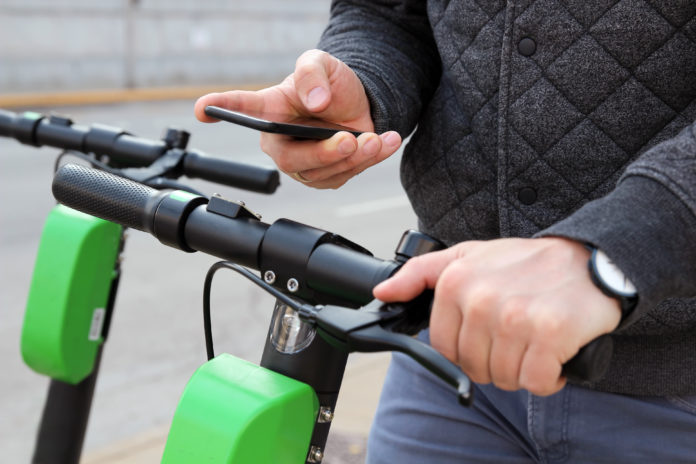After Bird Scooters was sued by the City of Milwaukee for introducing electric ride-sharing scooters unannounced in June 2018, scooter rental laws were thrust into the Wisconsin spotlight. At the time, scooters were unregulated and were considered illegal. In September 2018, transportation-rental company Lime approached Michael Best Strategies about crafting and supporting a bill to regulate the scooters and allow companies like Lime to operate in the state. While Bird worked to reach settlement terms with Milwaukee, Lime and Michael Best Strategies got to work to remedy the state’s lack of an appropriate regulatory framework.
On Thursday, June 20th, the Wisconsin State Assembly approved a set of rules that would allow electric scooters on roads and sidewalks, 15 days after the Senate passed the bill. Last week, Governor Tony Evers signed the bill into law—only his 11th bill signing since he assumed office in January. While the law leaves the door open for local governments to regulate the scooters—for example, banning them on sidewalks or roads with speed limits of more than 30 miles per hour—the measure is widely seen as an invitation for dockless scooter rental companies to begin operating in the state.
The governor’s signature marks a successful conclusion to Michael Best Strategies’ extensive lobbying efforts, which included collaboration with both the state legislature and local officials in Madison and Milwaukee, where the scooters are expected to be deployed. Lime’s representatives were pleased with the high-quality work of Mickey Foti, and John Zordani:
While the scooters were previously considered illegal on Wisconsin roads, the bill, SB152, carved out an exemption for a “device weighing less than 100 pounds that has handlebars and an electric motor, is powered solely by the electric motor and human power, and has a maximum speed of not more than 20 miles per hour on a paved level surface when powered solely by the electric motor.” The laws regulating the new scooters have been compared to regulations governing bicycles.
State Senator Dale Kooyenga, a co-author of the bill, was pleased with the amount of local control that the bill allows. Cities can choose to run pilot programs, make some of their own rules, and ultimately decide whether they want to allow the scooters. “I think there is a lot of momentum there,” said Kooyenga. “100% decision making on the local level. If they want to ban them, that’s their business. If they want to promote them, that’s their business. That’s up to the community for what they want to do.”
After the signing, Governor Evers touted the benefits of legalizing the scooters, saying, “Electric scooters can improve access to low-cost transportation options, actually reduce single-occupancy vehicle use and can serve as the first- and last-mile solution to residents and visitors in communities all across the state. This will also allow municipalities like Milwaukee to pass ordinances controlling the rental and operation of electric scooters and to (make) very specific requirements such as parking and sidewalk limitations necessary to operate in that jurisdiction.”
The scooters aren’t just a chance for riders to get around more efficiently. If the scooters end up replacing car trips, the environmental returns can be massive. While one kilowatt hour of energy can carry the average car a little less than a mile, it can propel an electric scooter for 80 miles.
Interested in the latest in Wisconsin politics and government?
Sign up today!


